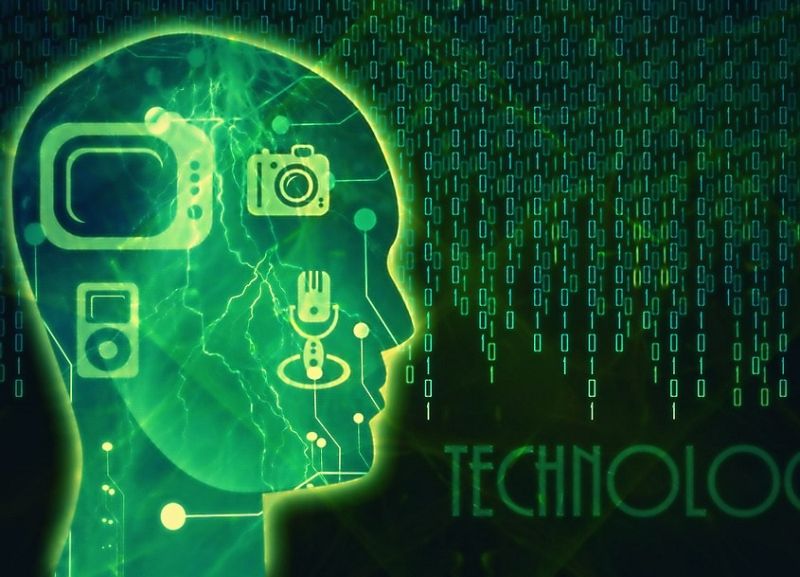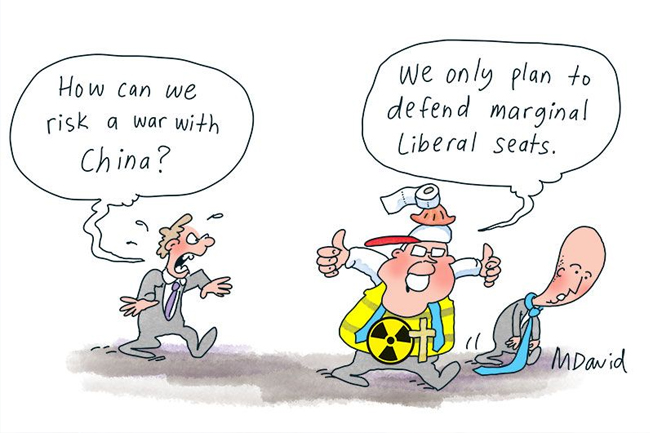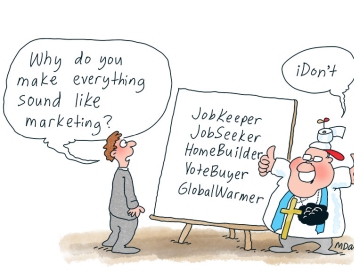All is not lost — we can solve the problems that confront us, writes Dr Geoff Davies.
Perhaps the Aussie summer pause is a chance to ask a really basic question.
Do we have any say in the human future? Are there any human beings anywhere who have any say in how our future unfolds? Do the political leaders, the billionaires, the giant corporations?
Or is our children’s future ruled by inexorable laws of economics, or of society, or of flawed human psychology. Is it in the hands of the gods or of God? Is it determined by fate?
Judging by what is written and said, you’d have to conclude that most people think it’s all out of our hands. The robots are coming to take your job. Terrorists will limit our freedom. Superbugs and super-weeds will spread. The poor starve, the land degrades and species go extinct. The planet warms.
If you look, you will find a few people explaining how each of these challenges can actually be dealt with and life can improve as we do so. But such changes as are made are glacially slow, whereas the threats grow daily.
Science journalist Julian Cribb has written a book on the ten ways (and counting) in which we humans can wipe ourselves out completely, things like nuclear war, global warming, pandemics and so on*.
You can rehearse the usual reasons for inaction. Politics. Power. Money. Greed. Psychology. But I want to drill a little deeper and number nine on Cribb’s list of threats gives us a clue: uncontrolled technology.
We are threatened not just by smart robots, but the potential for swarms of self-replicating nano-devices, for bio-engineered bacteria, for human-machine and human-animal hybrids, for novel "human" forms, for immortality for a select few, and who knows what else.
These possibilities pose obvious and severe threats to our health and survival, but what is being done to rein them in? Very little. The odd ethics committee making sober lists. But the techno-freaks rush on with their fevered Frankenstein schemes.
It’s a curious phrase: "uncontrolled technology". Technology is something humans do. It is not some alien force of nature. Be it a stone axe or a driverless car, it is of completely human origin — artificial, unnatural.
We are saying, in effect, "uncontrolled humans". So humans are threatened by uncontrolled humans.
There have always been people behaving badly, from your local burglar to the barbarian hordes sweeping in from the Steppes. So having some "uncontrolled" humans is not really new.
What is new is that we don’t do anything to control them. We don’t think we can control them. It does not even seem to occur to us that we might try to control them.
We are passive, completely submissive to those invisible, alien, "uncontrolled" technologists. We are submissive to the unleavened profit motive that then seizes on and propagates their creations.
Why would this be? Why have we rendered ourselves so defenceless? After all, our "leaders" strut around going on about "freedom" all the time, but we are completely unwilling to exert our freedom to provide a safe future for our children.
Ah, but there’s a clue. It is in the name of "freedom" that the inventors invent. To limit the human imagination would at the very least be Stalinist and, at worst, would deny an essence of our humanity. Any move to rein in the creators, even to critically examine them, would bring on the socialist darkness. The bright genius of Western civilisation would be snuffed out for centuries or millennia.
The 20th Century was cursed with two extreme ideologies: one preaching total submission to society, the other preaching total autonomy from society. Each has failed. The reason they failed is that we human beings cannot live being either completely submissive or completely autonomous.
We humans are highly social beings, like most mammals actually, but we also assert our individuality. We are well tuned to be part of a community, because it pays off. It would not have paid to be alone on the African savannah. We trade some autonomy for safety and greater success.
The Taoists figured this out a long time ago. We do not have to choose between one extreme or the other, black or white, competition or cooperation. Rather, for a healthy life, we must continually balance opposing tendencies: action and contemplation, alone and together, light and dark, yang and yin.
It has become a matter of survival that we assert the need to balance freedom with responsibility, the lone genius with the needs of many. Our light will not be extinguished. Rather, we will re-discover the unpredictability, the surprise, the richness of healthy lives well balanced and well lived.
We don’t have to go to Armageddon on automatic. We can reclaim our say in our future.
Will We Survive This Century?
— Donna Butler (@DButler1958) December 27, 2017
Our collective ability to overcome a host of existential threats is the subject of two 2017 books. Is humanity doomed, or do we have reason to be hopeful? https://t.co/3bMgvnZ2x9 #Survival #Earth pic.twitter.com/cIKnWDpABx
Dr Geoff Davies is an author, commentator and scientist. He is a retired geophysicist at the Australian National University and the author of Desperately Seeking the Fair Go (2017). He blogs at BetterNature.

This work is licensed under a Creative Commons Attribution-NonCommercial-NoDerivs 3.0 Australia License
Monthly Donation
Single Donation
Scientists categorize as a 'toxic planet' - Life on Earth is bombarded with man-made chemicals: https://t.co/OOCgEdB0DB #ThursdayThoughts pic.twitter.com/sMHmmt2m4s
— RoseAnn DeMoro (@RoseAnnDeMoro) March 3, 2017
Be prepared. Subscribe to IA.











